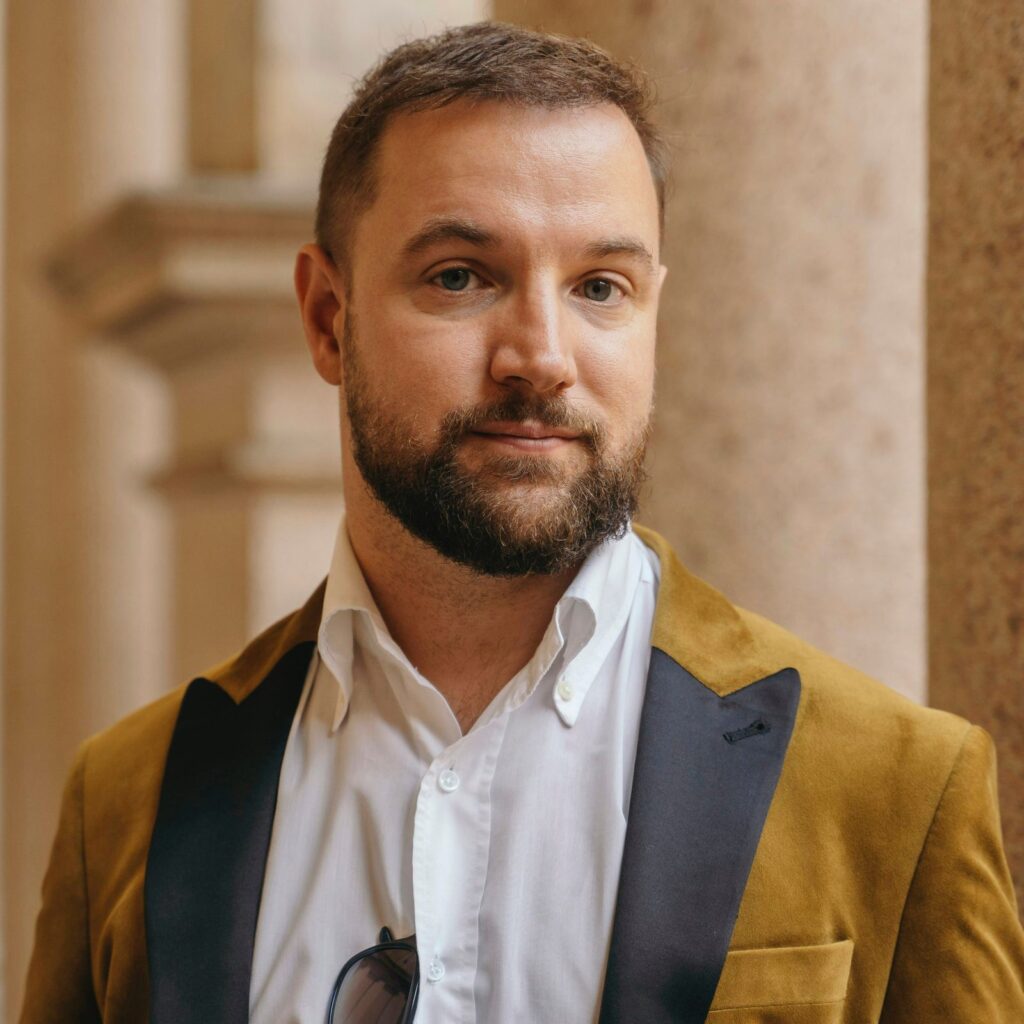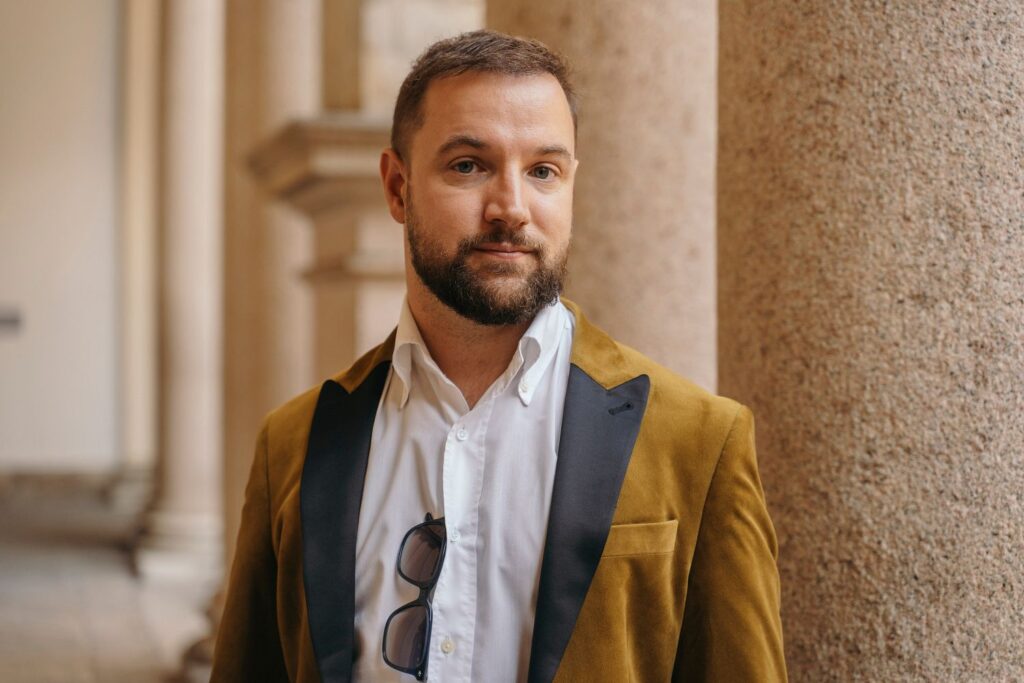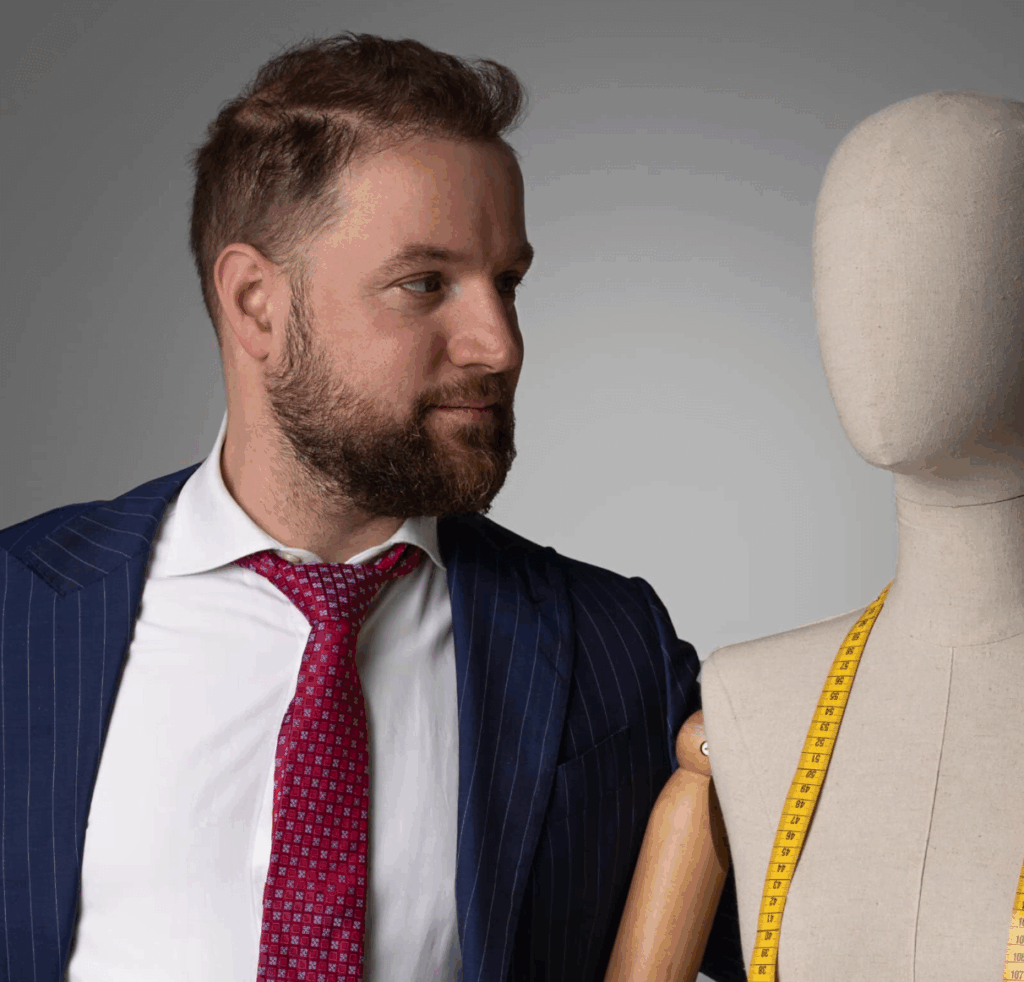Ultra-luxury is in a league of its own. For every ten people who think luxury means designer labels or five-star hotels, only a tiny handful will ever experience what comes next. In this world, price tags are almost irrelevant and what really matters is exceptional quality, rarity, and personalization that even standard luxury brands cannot match. But get ready for a surprise. The most powerful part of ultra-luxury is not just what you can buy. It is how each piece or experience becomes part of your personal story, offering value that is mathematically improbable and emotionally profound.
Table of Contents
- Defining The Ultra-Luxury Market: Key Characteristics
- The Importance Of Ultra-Luxury Market For Global Brands
- The Dynamics Of Consumer Behavior In Ultra-Luxury
- Distinctive Features And Offerings In The Ultra-Luxury Sector
- Challenges And Trends Shaping The Ultra-Luxury Market
Quick Summary
| Takeaway | Explanation |
|---|---|
| Ultra-luxury is extreme exclusivity. | Products are available to a very limited customer base, enhancing their perceived value. |
| Consumers invest in experiences, not just products. | Ultra-luxury purchases often reflect personal identity and emotional narratives, creating deep connections. |
| Technological integration is vital for brands. | Brands must adopt advanced digital strategies to provide immersive and personalized consumer experiences. |
| Sustainability drives consumer expectations. | Buyers increasingly demand ethical practices, transparent supply chains, and environmental responsibility from luxury brands. |
| Cultural sensitivity is crucial in global branding. | Brands should respect diverse cultural narratives to engage effectively with a varied consumer base. |
Defining the Ultra-Luxury Market: Key Characteristics
The ultra-luxury market represents an exclusive economic segment characterized by extraordinary products, services, and experiences that transcend traditional luxury standards. Unlike conventional luxury offerings, ultra-luxury represents a pinnacle of consumer experience where price becomes secondary to exceptional quality, rarity, and personalization.
To clarify how ultra-luxury distinguishes itself from standard luxury, the table below summarizes the defining parameters of each market segment.
| Parameter | Standard Luxury | Ultra-Luxury |
|---|---|---|
| Exclusivity | Widely available to affluent clients | Available to an extremely limited clientele |
| Craftsmanship | High-quality production | Exceptional, handmade precision |
| Personalization | Limited customization | Absolute, tailored for the individual |
| Price Sensitivity | Significant consideration | Secondary to value and rarity |
| Emotional Value | Prestige, comfort | Profound identity and narrative |
| Heritage | Recognized brand history | Rare, heritage-driven provenance |
Defining Parameters of Ultra-Luxury
Ultra-luxury is distinguished by several critical characteristics that separate it from standard luxury markets.
 These parameters are not merely about monetary value but encompass a holistic approach to consumer experience. Our research on luxury consumer behavior reveals key defining elements:
These parameters are not merely about monetary value but encompass a holistic approach to consumer experience. Our research on luxury consumer behavior reveals key defining elements:
- Extreme Exclusivity: Products or services available to an extremely limited clientele
- Unparalleled Craftsmanship: Exceptional attention to detail and handmade precision
- Personalization: Customized experiences tailored to individual preferences
Consumers in this market segment are not purchasing products but investing in unique narratives, emotional experiences, and statements of personal identity. The ultra-luxury market goes beyond traditional luxury by offering experiences that are mathematically improbable and emotionally profound.
Economic and Psychological Dimensions
According to research from McKinsey & Company, ultra-luxury consumers are motivated by more than material acquisition. They seek profound emotional connections, storytelling, and experiences that reflect their individual status and personal philosophy.
The economic ecosystem of ultra-luxury is driven by high-net-worth individuals who view purchases not as expenses but as investments in rare, meaningful experiences. These consumers are willing to pay premium prices for products that offer:
- Extraordinary provenance
- Limited production runs
- Innovative design
- Exceptional heritage
Ultimately, the ultra-luxury market represents a complex intersection of economic transaction and emotional fulfillment, where the value proposition extends far beyond traditional market dynamics.
The Importance of Ultra-Luxury Market for Global Brands
The ultra-luxury market represents a strategic imperative for global brands seeking to establish unparalleled market positioning and brand prestige. Beyond traditional revenue streams, this segment offers brands an opportunity to communicate exceptional value propositions that transcend conventional market dynamics.
Strategic Brand Positioning
For global brands, the ultra-luxury market serves as a critical platform for demonstrating innovative capabilities, technological superiority, and unmatched craftsmanship. Our insights into brand differentiation reveal that ultra-luxury segments function as powerful brand laboratories where companies can:
- Experiment with cutting-edge design concepts
- Showcase technological innovations
- Create narratives of exceptional quality
- Define new industry standards
These ultra-luxury offerings act as brand ambassadors, generating significant media attention and consumer fascination that cascades through entire product lines and market perceptions.
Economic and Reputational Significance
According to Bain & Company’s luxury market research, ultra-luxury segments represent more than financial performance. They are critical for:
- Establishing global brand credibility
- Attracting high-net-worth clientele
- Generating aspirational marketing opportunities
- Creating premium brand perception across market segments
The economic impact extends beyond immediate sales, creating ripple effects that enhance brand reputation and consumer perception across all product categories. Global brands strategically utilize ultra-luxury segments as reputation amplification platforms, where exceptional quality and innovation become tangible brand narratives.
Future Market Dynamics
Ultra-luxury markets are increasingly becoming laboratories for testing future consumer trends, technological integrations, and sustainable innovations. Brands that successfully navigate this complex ecosystem demonstrate not just commercial prowess but visionary leadership in understanding emerging consumer expectations and desires.
The Dynamics of Consumer Behavior in Ultra-Luxury
Consumer behavior in the ultra-luxury market represents a complex psychological landscape where emotional intelligence, personal identity, and aspirational experiences converge. Understanding these intricate dynamics requires deep insight into the motivational frameworks that drive high-net-worth individuals toward exceptional consumption patterns.
Psychological Motivation Frameworks
Our research on luxury consumer psychology reveals that ultra-luxury consumers are motivated by far more nuanced factors than traditional purchasing drivers. Their consumption patterns are fundamentally rooted in:
- Emotional Validation: Seeking experiences that affirm personal status
- Identity Expression: Using purchases as statements of individual narrative
- Experiential Investment: Valuing unique moments over material possessions
These consumers do not merely purchase products but invest in curated life experiences that reflect their sophisticated worldview and personal philosophy.
Cognitive Decision Making Process
According to Harvard Business Review’s luxury market analysis, ultra-luxury decision making follows a distinctive cognitive pathway. Unlike standard consumer behavior, these individuals engage in a multi-layered evaluation process that encompasses:
- Rigorous quality assessment
- Comprehensive brand heritage examination
- Emotional resonance verification
- Personal value alignment
The purchasing decision becomes an intricate dance between rational analysis and profound emotional connection, where intellectual validation meets visceral satisfaction.
Social and Cultural Significance
Ultra-luxury consumption transcends traditional transactional models, functioning as a sophisticated form of social communication. Consumers in this segment utilize their purchasing choices to signal complex personal narratives, cultural sophistication, and exclusive social positioning. Their consumption patterns represent strategic investments in personal brand management, where each acquisition becomes a carefully curated statement of individual identity and aspiration.
Distinctive Features and Offerings in the Ultra-Luxury Sector
The ultra-luxury sector represents a meticulously crafted ecosystem of extraordinary offerings that transcend traditional product categories. These offerings are distinguished by an unprecedented commitment to excellence, exclusivity, and extraordinary customer experience that sets them apart from standard luxury markets.
Architectural Elements of Ultra-Luxury Offerings
Our exploration of luxury brand experiences reveals that ultra-luxury offerings are constructed through multiple sophisticated dimensions. These architectural elements include:
- Absolute Customization: Products tailored with microscopic precision
- Unparalleled Craftsmanship: Handcrafted with generational expertise
- Narrative Complexity: Each product tells a profound story
- Technological Innovation: Integrating cutting-edge technological advancements
Ultra-luxury offerings are not merely products but immersive experiences that engage multiple sensory and emotional dimensions of consumer interaction.

Experiential and Material Value Proposition
According to Deloitte’s Global Powers of Luxury Goods report, ultra-luxury sector offerings are characterized by extraordinary value propositions that extend far beyond traditional market expectations:
- Extreme Limited Editions
- Personalized Production Processes
- Heritage-Driven Design Philosophy
- Emotional and Intellectual Engagement
These offerings represent complex ecosystems where material quality intersects with profound emotional and intellectual experiences, transforming consumption into a deeply meaningful interaction.
Innovation and Future Positioning
Ultra-luxury sector offerings continuously redefine market boundaries by introducing innovative concepts that challenge conventional understanding of value, quality, and consumer experience. Brands in this segment function as pioneers, consistently pushing technological, design, and experiential boundaries while maintaining an unwavering commitment to exceptional quality and individual expression.
Challenges and Trends Shaping the Ultra-Luxury Market
The ultra-luxury market is experiencing profound transformative dynamics driven by technological innovations, shifting consumer expectations, and complex global economic landscapes. These emerging challenges and trends are fundamentally reshaping how luxury brands conceptualize, produce, and communicate their value propositions.
The following table summarizes the key challenges and trends shaping the ultra-luxury market as described in the article.
| Trend/Challenge | Description |
|---|---|
| Technological Disruption | Brands must adopt immersive digital experiences, personalization, and omnichannel integration. |
| Sustainability and Ethics | Consumers demand transparent supply chains, eco-friendly production, and ethical sourcing. |
| Globalization and Cultural Complexity | Brands must respect and adapt to diverse cultural narratives while maintaining a global identity. |
| Innovation Pressure | Constant need for groundbreaking design and technological innovation. |
| Consumer Expectation Shifts | High-net-worth buyers seek emotional, intellectual, and experiential value rather than mere products. |
Technological Disruption and Digital Evolution
Our analysis of luxury sector marketing strategies demonstrates that technological disruption represents a critical challenge and opportunity for ultra-luxury markets. Brands must navigate increasingly sophisticated digital ecosystems that demand:
- Immersive Digital Experiences: Virtual and augmented reality interactions
- Advanced Personalization: AI-driven customization technologies
- Transparent Digital Storytelling: Authentic brand communication platforms
- Seamless Omnichannel Integration: Consistent luxury experience across digital touchpoints
Technological integration has transformed ultra-luxury from exclusive physical spaces to comprehensive experiential environments that transcend traditional geographical limitations.
Sustainability and Ethical Consumption
According to McKinsey’s Global Luxury Report, sustainability has evolved from a peripheral consideration to a central strategic imperative. Ultra-luxury consumers are increasingly demanding:
- Transparent Supply Chain Practices
- Environmentally Responsible Production Methods
- Ethical Material Sourcing
- Carbon Neutrality Commitments
This shift represents more than a trend. It signifies a fundamental reimagining of luxury as a holistic ecosystem that balances exceptional quality with environmental and social responsibility.
Globalization and Cultural Complexity
The ultra-luxury market is experiencing unprecedented complexity driven by diverse global consumer expectations. Brands must develop nuanced strategies that respect cultural diversity while maintaining a consistent global identity. Successful ultra-luxury brands are those that can navigate multicultural narratives with exceptional sensitivity and strategic intelligence, transforming potential challenges into opportunities for deeper consumer engagement.
Unlock the Secrets of the Ultra-Luxury Market for Your Brand
Brands operating in the ultra-luxury space face the challenge of creating true exclusivity, personalization, and lasting emotional connections. As explored in this article, today’s high-net-worth consumers demand more than products—they crave meaningful experiences, flawless craftsmanship, and the ultimate in brand storytelling. But translating these complex expectations into real business growth is not easy. It takes sharp insight, expert strategy, and the ability to merge innovation with tradition.

If you want your brand to thrive in this challenging landscape, you need a partner who understands both the psychology behind ultra-luxury consumption and the latest in marketing innovation. Corrado Manenti offers tailored strategies that fuse in-depth consumer psychology with luxury-focused marketing expertise. Discover how our Marketing Fashion solutions can help you build experiences that connect emotionally and stand out globally.
Visit Corrado Manenti’s main site today to position your brand at the very top of the ultra-luxury market. Now is the time to elevate your strategy and deliver excellence at every touchpoint.
Frequently Asked Questions
What defines the ultra-luxury market?
The ultra-luxury market is characterized by extraordinary products, services, and experiences that go beyond traditional luxury standards, focusing on exceptional quality, rarity, and customization.
What motivates consumers in the ultra-luxury market?
Consumers in the ultra-luxury market are driven by emotional connections, personal identity expression, and the desire for curated experiences that affirm their status and align with their values.
How do brands position themselves in the ultra-luxury market?
Brands in the ultra-luxury market leverage innovative capabilities, exceptional craftsmanship, and unique storytelling to establish a powerful market presence and enhance their brand credibility.
What trends are shaping the future of the ultra-luxury market?
Key trends include technological disruption with advanced digital experiences, a focus on sustainability and ethical consumption, and the necessity of addressing global cultural complexities in branding strategies.



